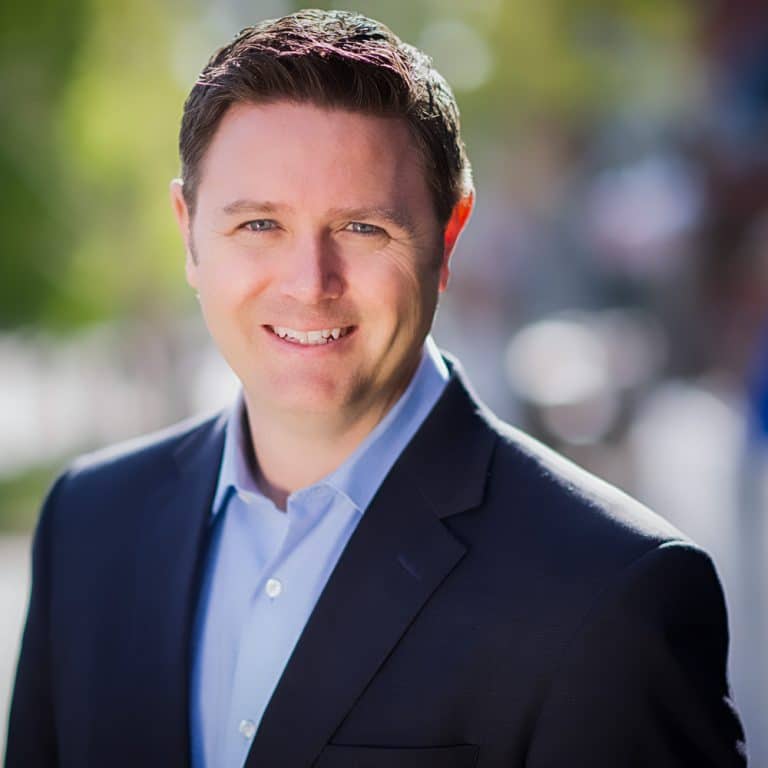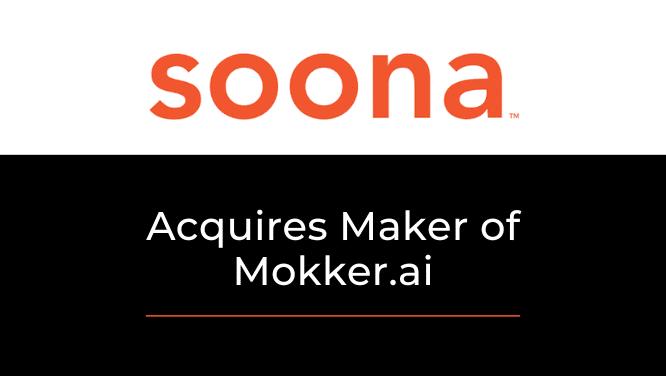Why Emerging Life Science And Pharma Companies Should Apply The CRO Model To Commercial Contracts

- Brad L. Schoenfeld
- |
- February 19, 2019
2019 is off to a fast start in the life science, pharmaceutical and medical device industries with unprecedented market growth. Life sciences, in particular, continue on an upward trend, accounting for nearly 15 percent of venture deal flow in 2018, more than 60 percent of which were deals of $50 million or more, according to The National Venture Capital Association’s Venture Monitor.
While growth is generally good news, emerging firms must move quickly to capitalize on big opportunities and get new products to market. Companies in this space are often reliant on partnerships to test and launch new products, and the number of commercial contracts that need to be executed –and executed quickly – can overwhelm even a well-staffed in-house legal team. More importantly, these challenges often pull general counsels and senior legal staff into the weeds of day-to-day contracts work at a time when they need to elevate their focus more than ever to deals, product launches, acquisitions and more. And, because this type of early-stage work is often marked by major fluctuations in demand, it’s difficult for in-house teams to efficiently manage workflow.
While this may sound like a human resources problem – the traditional solution for which has been to staff up – in fact it should be reframed as a specialization problem. Consider the evolution of Clinical Research Organizations (CROs) over the past forty years. Pharma companies recognized long ago that they are really good at developing pharmaceuticals, but navigating the administration of clinical trials and FDA red tape is not a space they want to specialize in. Thus, the birth of the CRO model: built with industry insiders, often those who came from the pharma companies themselves. Pharmaceutical companies are now free to focus on what they do best and move more quickly while outsourcing clinical trial management to industry experts they can count on.
A similar transformation is taking place in the legal space. Companies in pharma and life sciences are realizing that use of internal legal generalists to address day-to-day contractual needs is expensive and not the best use of those resources – many of whom don’t have the niche expertise to efficiently navigate these specialized agreements.
Even attorneys with extensive commercial contracts experience who are not already deeply embedded in the industry may not know best practices for the commercial contracts that life science companies enter into each and every day, including clinical trial agreements, manufacturing and supply agreements, research and development agreements, CRO agreements, material transfer agreements, distribution agreements, GPO agreements, master services agreements and the like.
But until recently, there were not many options to shift this work to outside counsel. Today, industry leaders are doing just that by working with firms that have specialized industry experience. This puts the client back in control of their resources and their priorities.
The general counsel at an emerging biotech company puts it well: “Before we shifted to an outsourced model, it was taking our internal resources more than two weeks for every round of revisions on our clinical trial site agreements and too much of my time was spent thinking about or reviewing agreements. Now those agreements are being turned around as quickly as the next day, and I don’t think about it at all.” This is pivotal to the business and makes a real impact, especially to the general counsel who can highlight a material reduction in the time it takes to get trial sites up and running.
Whether an organization outsources entirely or keeps some work in-house, specialized outside contracts teams can manage workflow fluctuation, provide flexibility and the option to scale quickly if opportunities arise. The GC can focus his or her team on other work and has the flexibility to decide how to best use resources to maximize effectiveness.
Some organizations aren’t yet large enough to have an in-house GC. For a CFO or other executive who oversees legal operations without a general counsel, it’s especially important to work with industry experts who know the ins and outs of these agreements and partnerships.
No matter who oversees legal in your organization, worrying about day-to-day commercial contracts work – like running all your own clinical trials – should become a thing of the past. Industry innovators, including many international firms with billions in funding, are using outsourced legal resources as a competitive advantage, allowing them to move more quickly, do more deals and get more value out of their organization.
Brad Schoenfeld is managing partner at Koenig, Oelsner, Taylor, Schoenfeld & Gaddis PC (KO), a Colorado-based firm that specializes in commercial contracts for life science companies. KO is one of the only firms in the nation with a dedicated commercial contracts team comprised of attorneys and contracts managers with significant bioscience and pharma experience. Reach Brad at [email protected].




